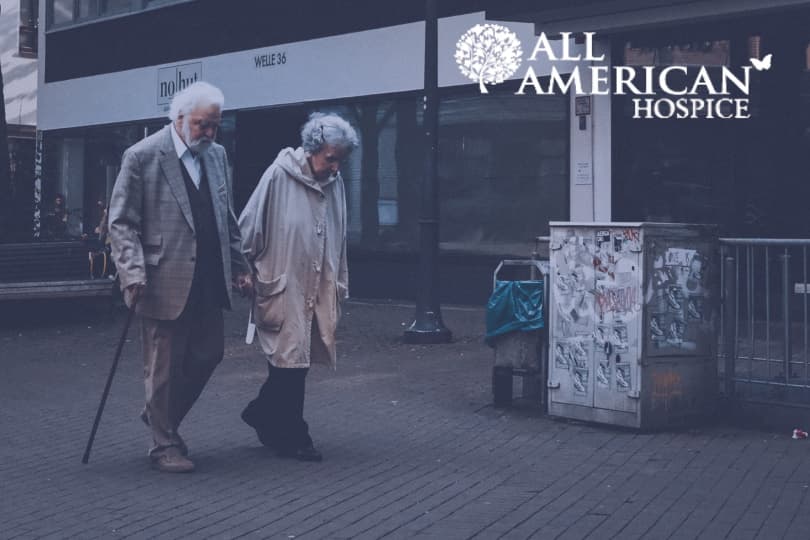Table of Contents

How Dangerous Is Low Blood Pressure?
Do you frequently experience dizziness as a symptom of low blood pressure? Then this is the post for you to read and consider seeking medical assistance.
Low blood pressure is rarely a cause for alarm. In rare circumstances, though, it may cause shock, demanding rapid medical attention. Low blood pressure is rarely routinely treated unless it occurs in the elderly or unexpectedly. It could indicate inadequate blood circulation in the brain and limbs in people over the age of 65. If your blood pressure decreases suddenly, the brain may be deprived of oxygen, resulting in lightheadedness or dizziness. Let’s look at what low blood pressure numbers are.
What Is Low Blood Pressure?
The pressure in your arteries, the vessels that transport blood from your heart to your brain and the rest of your body, is referred to as blood pressure. For blood to move throughout the body, a precise level of pressure is required. 180/120 is the highest blood pressure before death.
While it is considered normal when it is less than 140/90mmHg (ideal blood pressure is 120/80mmHg), a blood pressure of 90/60mmHg or less is considered the lowest blood pressure before death.
But is low blood pressure bad?
When Is It a Cause for Concern?
Can you die from low blood pressure? Should we be concerned, and when? A person with low blood pressure may be unaware that it is low because it does not always generate symptoms. Furthermore, there is no defined point at which it becomes dangerously low blood pressure or the lowest heart rate before death, as this varies from person to person.
Some people live long term in low blood pressure ranges while being healthy. According to the American Heart Association(AHA), most doctors will consider chronic low blood pressure 50/30 dangerous only if additional symptoms accompany it.
Severe symptoms that come unexpectedly should also be taken seriously.
Although symptoms may be subjective, they include:
- Lightheadedness or dizziness
- Having difficulties concentrating
- Fainting
- Nausea
- Fatigue
- Dehydration
- Despondency
- Pale, clammy skin
- Fast, shallow breathing
Some alarming symptoms in a person with a low bp range include:
- Breathing quickly and shallowly
- Loss of consciousness due to a very weak but quick pulse, chilly, clammy skin, and loss of awareness
- The skin has a blue hue
Anyone experiencing these symptoms should seek immediate medical assistance before their death due to low blood pressure.
What Could Be the Cause?
A low BP of 70/30 can be caused by a variety of underlying illnesses and other health difficulties. These are some examples:
- Pregnancy blood loss, dehydration, and vitamin deficits
- Some drugs cause internal bleeding
- Heart issues
- Endocrine problems
- Serious infections, such as septic shock or a bloodstream infection.
- Allergic reactions that lead to anaphylactic shock
- Long periods of lying down
Can We Control It?
Low blood pressure is usually not too concerning unless it drops dangerously low and causes symptoms. Managing any diseases that affect blood pressure may aid in preventing it from falling too low.
People on blood pressure medications, for example, should monitor their dosage and blood pressure to ensure that their readings do not go too low.
They should visit a doctor if their blood pressure begins to fall lower than usual. The doctor may want to change the prescription or check for any interactions with other medications that the patient is taking.
Managing other individual risk factors associated with underlying disorders may also benefit in the prevention of low blood pressure.
Summed Up
Low blood pressure can occur without the presence of a medical problem, and in many circumstances, it is not too concerning. People who have chronic low blood pressure 80/50 may need to collaborate with their doctor to find treatment for any symptoms that arise.
If your blood pressure is really low and you are experiencing serious symptoms like shock, you should seek emergency medical attention.
If a person is suffering other unpleasant symptoms as a result of low blood pressure, they should consult with a doctor for advice on how to keep their blood pressure within safe ranges.
For more information on medical issues, check out the rest of the All American Hospice blog!

 215-322-5256
215-322-5256
Comments are closed.